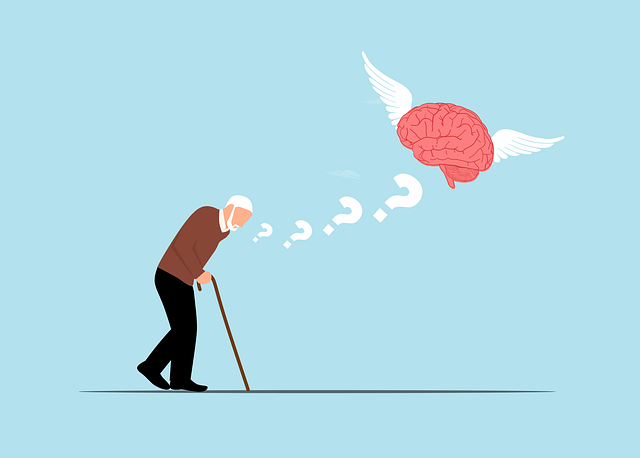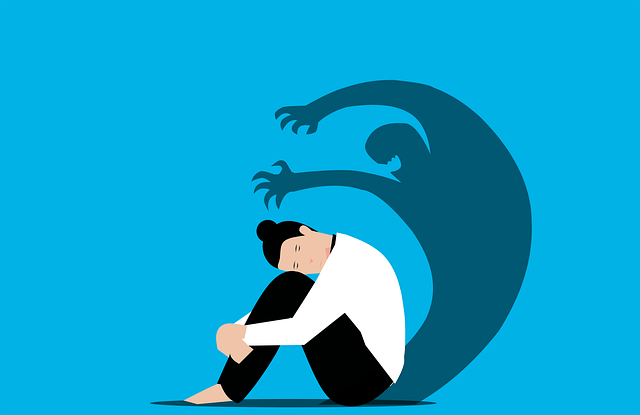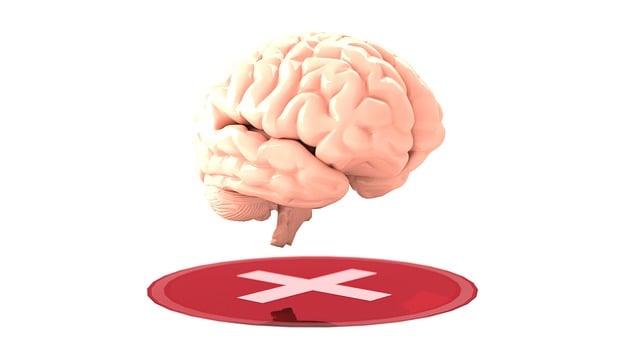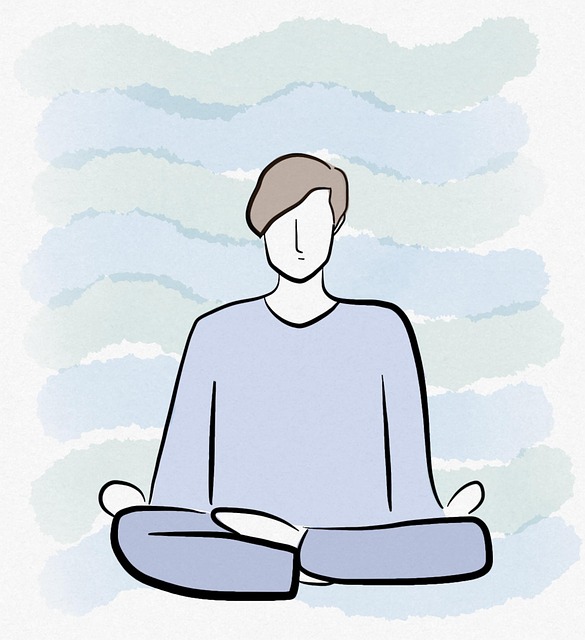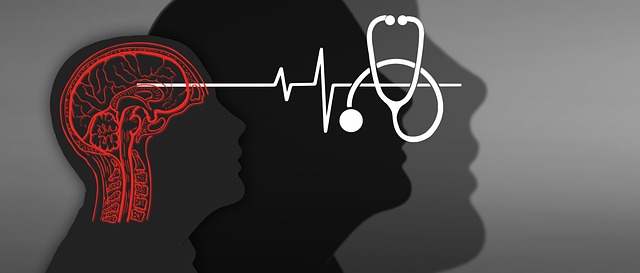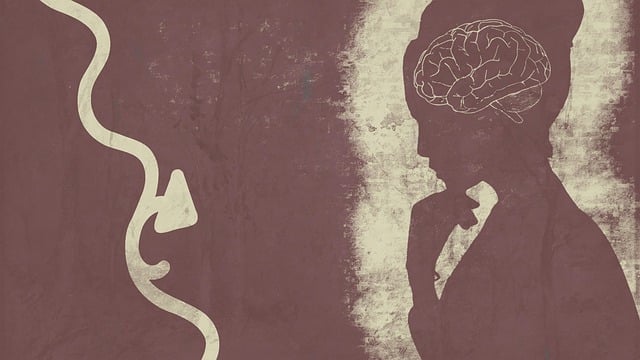Young adults experiencing chronic pain face unique challenges in independence, education, and employment due to their condition's impact on physical abilities and mental wellness. Effective support includes specialized therapy programs combining cognitive-behavioral therapy (CBT), mindfulness techniques, and pain management strategies. Public awareness campaigns destigmatize chronic pain, while journaling and confidence-boosting activities empower individuals to manage their condition. Holistic mental wellness coaching programs integrating CBT, mindfulness, acceptance and commitment therapy (ACT), and social skills training are vital for empowering young adults with chronic pain, improving resilience, and enhancing quality of life.
Mental wellness coaching programs are gaining prominence in addressing the unique challenges faced by young adults suffering from chronic pain. This article delves into the development of targeted interventions, exploring key components like understanding specific pain-related struggles and designing tailored coaching strategies. We discuss the integration of supportive therapies for comprehensive care, emphasizing the importance of holistic approaches to enhance mental wellness among this vulnerable population. By focusing on therapy for young adults with chronic pain, these programs offer hope and improved quality of life.
- Understanding the Unique Challenges of Young Adults with Chronic Pain
- Designing Effective Mental Wellness Coaching Programs
- Integrating Supportive Therapies for Comprehensive Care
Understanding the Unique Challenges of Young Adults with Chronic Pain

Young adults with chronic pain face distinct challenges that often set them apart from their peers. This demographic is navigating a crucial period of life—when many are establishing independence, pursuing higher education, or entering the workforce—while managing a long-term health condition. The impact of chronic pain can be profound, affecting not only physical capabilities but also mental wellness and overall quality of life. Unlike acute pain, which serves as a clear signal that something is wrong and typically resolves with treatment, chronic pain persists for months or even years, often with no clear cause. This lack of understanding can lead to feelings of frustration, isolation, and decreased self-worth, making it a complex issue requiring tailored support.
The development of therapy programs specifically for young adults with chronic pain is essential in addressing these unique challenges. Integrating evidence-based practices such as cognitive-behavioral therapy (CBT), mindfulness techniques, and specialized pain management strategies can offer much-needed guidance. Additionally, Public Awareness Campaigns Development can play a pivotal role in destigmatizing chronic pain, encouraging open conversations, and fostering support networks. Mental Wellness Journaling Exercise Guidance and Confidence Boosting activities are other valuable tools that can empower young adults to take an active role in managing their pain, improving overall mental wellness, and embracing a more fulfilling life despite the challenges they face.
Designing Effective Mental Wellness Coaching Programs

Designing effective mental wellness coaching programs requires a nuanced approach tailored to diverse individual needs, particularly for young adults grappling with chronic pain. These programs should go beyond traditional therapy models by integrating coping skills development strategies that empower individuals to manage their pain and associated mental health challenges. By focusing on both the physical and psychological aspects of well-being, coaches can facilitate meaningful improvements in quality of life.
Incorporating elements like social skills training within these coaching sessions proves beneficial, fostering connections and support networks crucial for mental wellness. This holistic approach addresses not only the symptoms but also the underlying factors contributing to depression prevention, ultimately aiming to enhance resilience and overall well-being among young adults facing chronic pain.
Integrating Supportive Therapies for Comprehensive Care

Incorporating diverse therapeutic approaches is essential within mental wellness coaching programs, especially when catering to young adults suffering from chronic pain. Supportive therapies such as cognitive-behavioural therapy (CBT), mindfulness practices, and acceptance and commitment therapy (ACT) can provide comprehensive care. CBT equips individuals with coping strategies to manage pain by challenging negative thoughts and behaviours, while mindfulness helps patients develop present-moment awareness and reduce reliance on pain medications. ACT encourages individuals to accept their experiences without judgment, fostering a sense of freedom from pain constraints.
This integrated approach ensures that mental health professionals address not only the physical symptoms but also the psychological and emotional aspects of chronic pain. By incorporating these therapies, coaches can enhance their clients’ overall well-being and quality of life, simultaneously mitigating risks associated with prolonged pain management. Effective risk management planning for mental health professionals is crucial to ensuring safe and ethical practice, particularly when dealing with vulnerable populations like young adults facing chronic health challenges.
Mental wellness coaching programs tailored for young adults with chronic pain offer a promising approach to addressing their unique challenges. By integrating effective coaching strategies and supportive therapies, we can foster comprehensive care that empowers individuals to manage their pain, improve mental health, and enhance overall well-being. This holistic approach, which combines personalized support with evidence-based practices, has the potential to revolutionize how we support young adults navigating the complexities of chronic pain.
